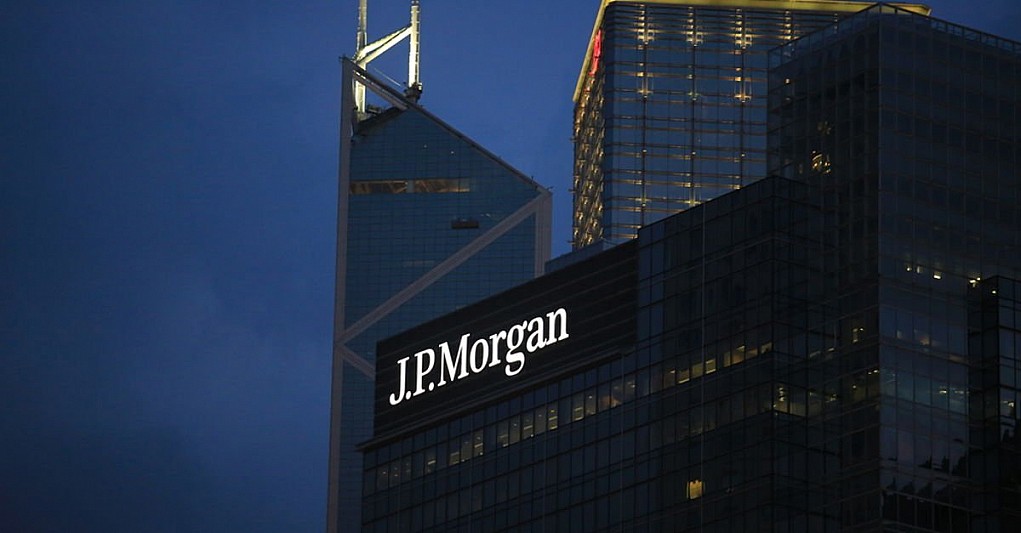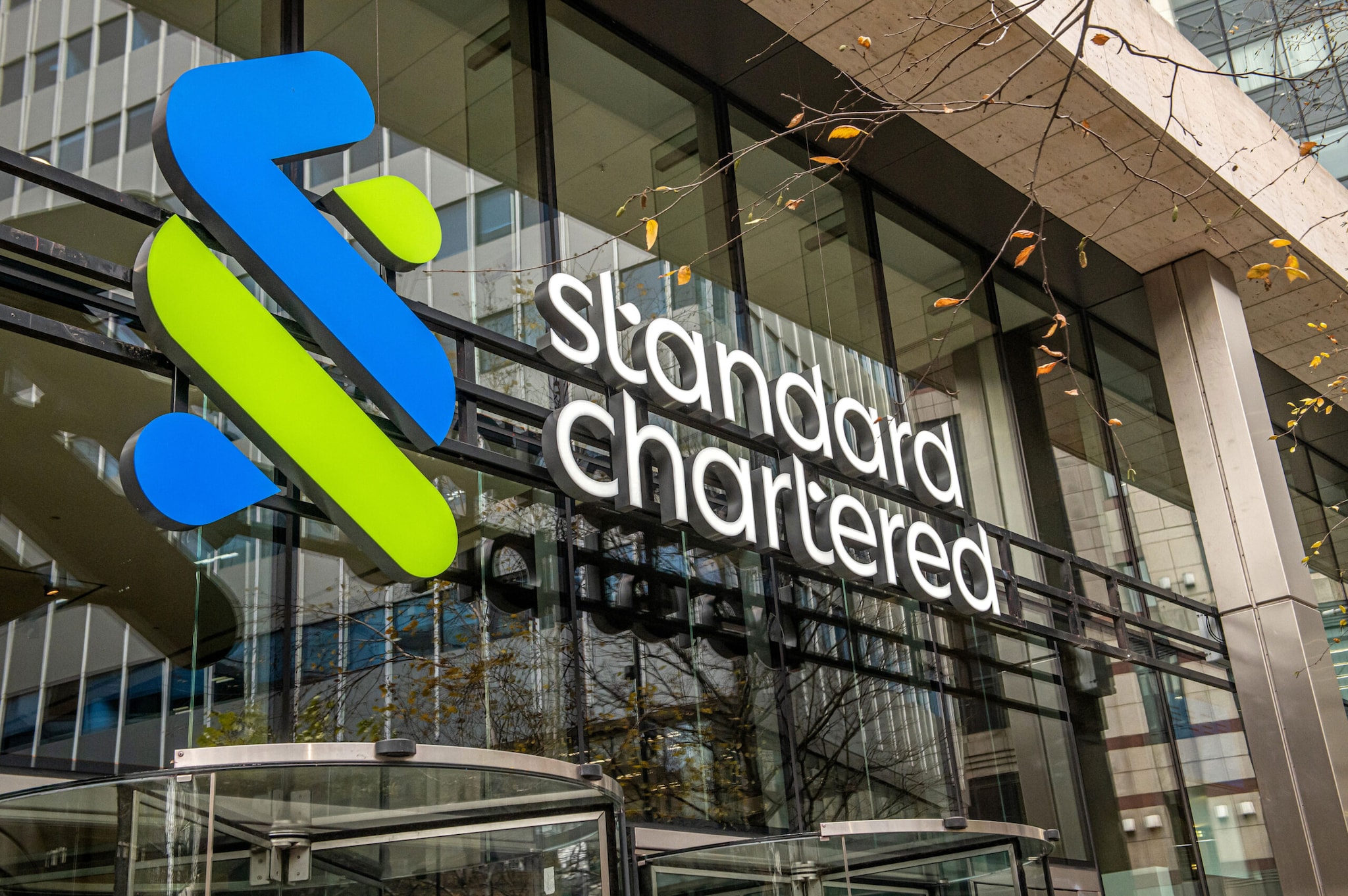JPMorgan Tests Blockchain Settlement on Public Network with Tokenized Treasuries
15.05.2025 16:00 1 min. read Alexander Stefanov
JPMorgan has quietly taken a step toward public blockchain integration by settling a tokenized U.S. Treasury transaction outside its private infrastructure for the first time.
Using its Kinexys payment network, the bank executed the pilot on Ondo Chain’s testnet in collaboration with Chainlink and Ondo Finance.
The deal used a Delivery versus Payment model, syncing cash and asset movement to minimize settlement risk.
The transaction involved Ondo’s blockchain-based Treasury fund (OUSG) and marked a rare moment of interoperability between JPMorgan’s permissioned system and a public chain.
Chainlink’s technology handled the cross-network coordination, ensuring real-time settlement across both platforms.
Though JPMorgan has explored blockchain before, this public-facing trial signals a broader shift. Despite political tailwinds and rising crypto enthusiasm, the bank insists this move is part of a longer-term strategy — not a reaction to market sentiment.
-
1
Solana Partners with Kazakhstan to Launch Digital Economy Zone
22.06.2025 18:00 2 min. read -
2
Binance Prepares for THORChain Upgrade, Temporarily Halts RUNE Transfers
17.06.2025 16:55 1 min. read -
3
Developers Flock to Solana Projects as Ecosystem Activity Rises
24.06.2025 9:00 1 min. read -
4
Ford Tests Cardano-Powered Data Solution for Its Legal Archives
19.06.2025 10:00 1 min. read -
5
Hyperliquid Chosen as Core Reserve in Lion Group’s Blockchain Expansion
19.06.2025 12:00 1 min. read
Top 10 AI and Big Data Crypto Projects by Development Activity
According to new insights from market intelligence platform Santiment, development activity in the crypto sector’s AI and Big Data segment remains strong, with several major projects showing notable GitHub activity over the past 30 days.
XRP Ledger Deploys EVM-Compatible Sidechain to Expand Multichain Utility
The XRP Ledger (XRPL) has officially launched its Ethereum Virtual Machine (EVM) sidechain on mainnet — marking a major milestone in its effort to bridge XRP’s payment efficiency with Ethereum’s smart contract capabilities.
What the U.S. Blockchain Act Means for Crypto’s Future
The U.S. House of Representatives has taken a major step toward digital asset regulation by passing the Deploying American Blockchains Act of 2025.
Top 10 DeFi Projects by Development This Month
According to a new report by Santiment, Chainlink ($LINK) has maintained its dominant position as the most actively developed DeFi project over the past 30 days.
-
1
Solana Partners with Kazakhstan to Launch Digital Economy Zone
22.06.2025 18:00 2 min. read -
2
Binance Prepares for THORChain Upgrade, Temporarily Halts RUNE Transfers
17.06.2025 16:55 1 min. read -
3
Developers Flock to Solana Projects as Ecosystem Activity Rises
24.06.2025 9:00 1 min. read -
4
Ford Tests Cardano-Powered Data Solution for Its Legal Archives
19.06.2025 10:00 1 min. read -
5
Hyperliquid Chosen as Core Reserve in Lion Group’s Blockchain Expansion
19.06.2025 12:00 1 min. read


